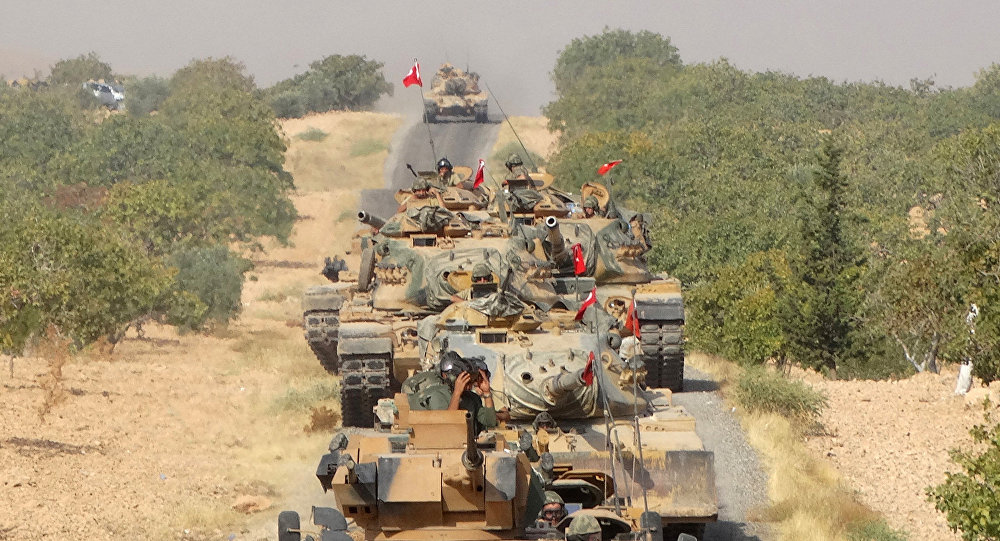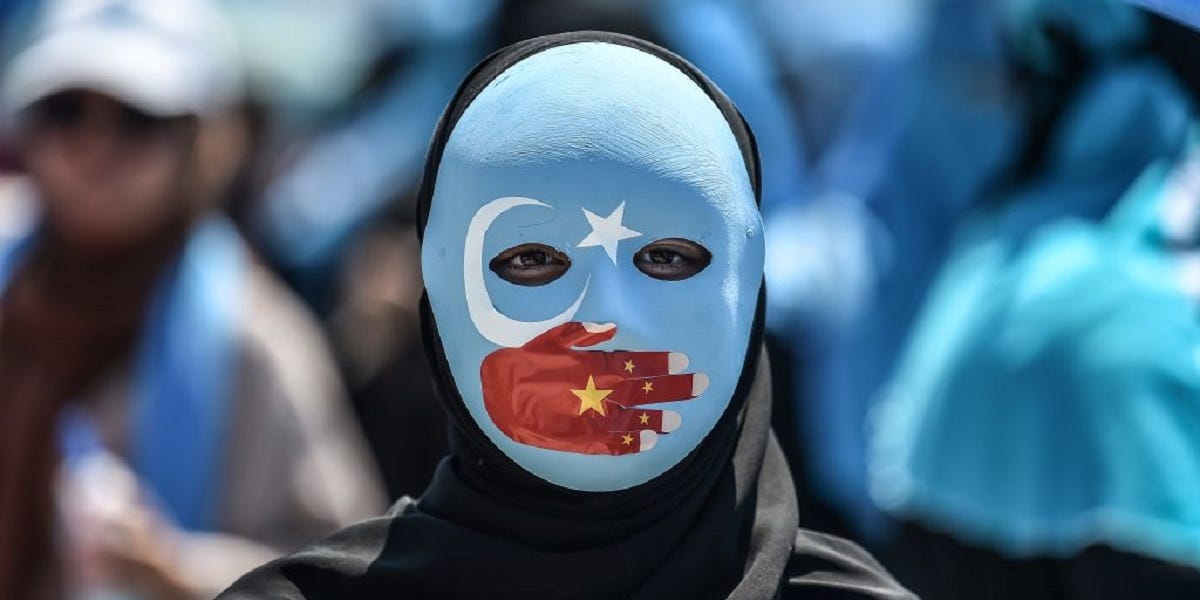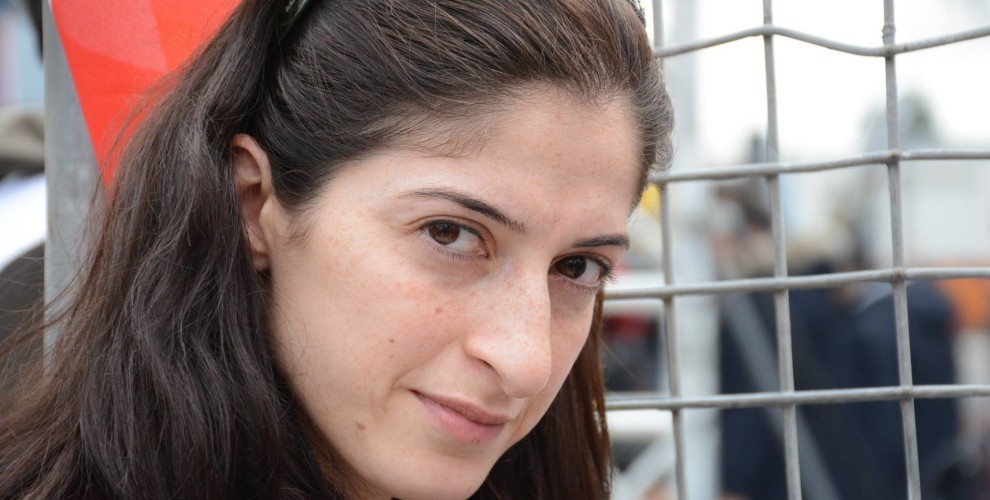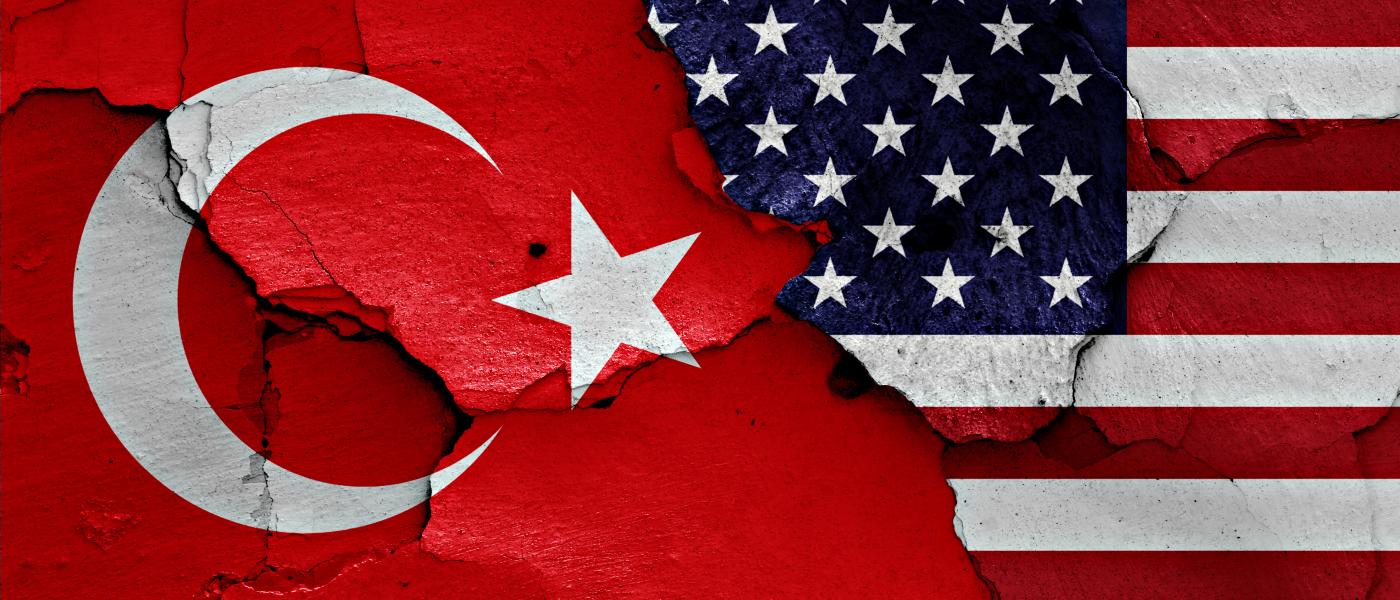[authorbox authorid=”32″ ]
[dropcap size=big]A[/dropcap]s this piece was being penned, Turkey, Iran and Russia were winding up their eleventh high level meeting on Syria in Astana, Kazakhstan.
They reiterated their commitment to a ceasefire in Idlib and to its stabilization, to Syria’s territorial integrity, and to a further meeting in February 2019. Behind the seemingly innocuous diplomatic language however, all is clearly not well.
The UN’s special envoy on Syria, Staffan De Mistura, who attended the meeting, bemoaned the lack of progress on setting up a constitutional committee due to a lack of consensus, mainly between Damascus and Ankara, on who should represent the opposition side and what a Syrian political settlement might look like.
More ominously, however, at least for the immediate future, the meeting was held against the backcloth of military exchanges around Idlib’s borders between anti-regime militants on the one hand, and regime forces and their Russian backers on the other.
These exchanges included Russian aerial bombing of rebel locations in retaliation to an alleged militant chlorine attack on Aleppo, clashes on the dividing line between Idlib and government-controlled areas, and the thwarting by regime forces of infiltration by rebel units into locations around government-controlled Hama.
As the talks were winding up, Syria’s ambassador to the UN also chose to remind everyone that Damascus resented the presence of Turkish – and US – forces on Syrian soil, a presence he dubbed ‘illegal,’ and reiterated the regime’s scepticism that Turkey had made a serious effort to honour its obligations under the Sochi ‘de-escalation zone’ agreement of mid-September.
Under this agreement, Ankara committed itself to the creation of a demilitarized zone along Idlib’s border with the government-controlled areas that largely surround it via the establishment of a dozen Turkish-manned observation posts, removing all heavy weapons in the possession of the numerous rebel groups in Idlib, and the removal of those groups that were deemed ‘terrorist’.
Distinguishing between ‘legitimate’ anti-government rebels on the one hand and jihadi terrorists on the other is an arbitrary exercise given the ideological and personal fluidity between many of the groups operating in Idlib and their history of occasional and tactical cooperation – as well as conflict of course.
Many of the groups that have affiliated themselves to the Turkey-sponsored National Liberation Front in Idlib are just as jihadi-inclined as groups that have refused to join, and have elected to put themselves under Ankara’s wing so as to attract Turkish aid and protection and forestall the unwanted attention of Damascus and its Russian allies. But none of these groups are willing to entertain a Russian or regime presence in Idlib, and all are committed to Assad’s overthrow.
In any case some militant groups that are operating in Idlib, the only major rebel area still resisting government control, have not been prepared to submit themselves to the requirements of the Sochi agreement.
Chief of these is Hayat Tahrir al-Sham (HTS), formerly the al-Nusra Front and still rightly regarded as an al-Qaeda offshoot. It is reckoned to control up to two-thirds of Idlib’s territory and to have as many as 15000 fighters at its disposal.
It has vowed to fight on, and has been critical of Ankara for what it regards as its betrayal of anti-regime groups that it once backed, including HTS itself.
It is far from clear that Ankara has either the will or the capacity to expel HTS and other resistance groups from Idlib, notwithstanding its ongoing reinforcement of its observation posts.
The rebels largely finance themselves via the control they exercise over highways passing through or near Idlib and border crossings at Idlib’s frontiers, so they cannot easily countenance giving them up. Were Turkey to make a serious effort to suppress these groups, it is possible that they their sense of betrayal will provoke a violent backlash against Turkey. Ankara is surely aware of this risk.
The Sochi agreement represented an attempt by Ankara to forestall what looked like an imminent attack on Idlib by regime forces, encouraged by a series of victories over rebel elements in western and southern Syria, achieved with Moscow’s and Tehran’s assistance.
Of the three million people who currently reside in Idlib, around half have been displaced from other areas recently ‘liberated’ from rebel control by pro-government forces.
Many of these are rebel supporters and their families. Ankara rightly feared that a government assault against Idlib would force thousands of refugees towards the Turkish border, and simultaneously deprive Turkey of a major asset that would help ensure a place at the table when negotiations on Syria’s future eventually take place.
Ankara’s position is that Idlib will not be handed back to Damascus until a comprehensive political settlement is reached. However, the fragility of the ceasefire around Idlib, Turkey’s failure thus far to deliver its side of the bargain owing to its inability or unwillingness to disarm, control or expel some of the key rebel groups, and infighting amongst those groups, is feeding growing regime impatience.
Moscow has also been unimpressed by Turkey’s efforts, but it is readier than Damascus to show patience.
Putin is happy to encourage Ankara’s growing distance from its NATO allies and dependence on Russia, is less urgent than Damascus in its desire to ‘liberate’ the entirety of Syrian territory, and is no doubt also wary of taking on jihadi groups still ready and able to put of a fight.
On the other hand, Moscow has indicated that it will not tolerate continued breaches of the ceasefire, and its ultimate position is that the region must return to government control.
Russia is also hardly less committed than Washington to the defeat of Islamist militants in Syria, some of whom hail from the Caucasus region of the Russian Federation.
The Syrian regime will surely not shy from keeping the pressure upon Turkey, which it holds responsible for supporting ant-regime elements from the outset and for occupying Syrian land.
Even were a political settlement in Syria be arrived at in due course, which will surely involve Turkish withdrawal from Syrian territory, the Syrian-Turkish relationship will remain severely damaged for some time to come.
So, where might this end?
There is little basis to suppose that Turkey will be able impose its will on all the rebel groups in Idlib, and most especially the Islamist ‘terrorists’, unless Ankara proves ready to commit far greater military resources and engage in what could be a drawn out and difficult struggle against hardened jihadi elements. This looks highly unlikely.
More probable is that over time the jihadi groups, their entourage and much of Idlib’s population will be pushed ever closer towards the Turkish border in the face of regime and Russian firepower.
Even should the ‘terrorists’ prove ready to relocate, perhaps through bribery, where would they go?
Turkey itself would arguably be their most preferred destination, but Ankara is not likely to warm to that idea. Ankara has been playing with fire in Syria since 2011. There is a real prospect that in due course it will find itself badly burned as a consequence.



